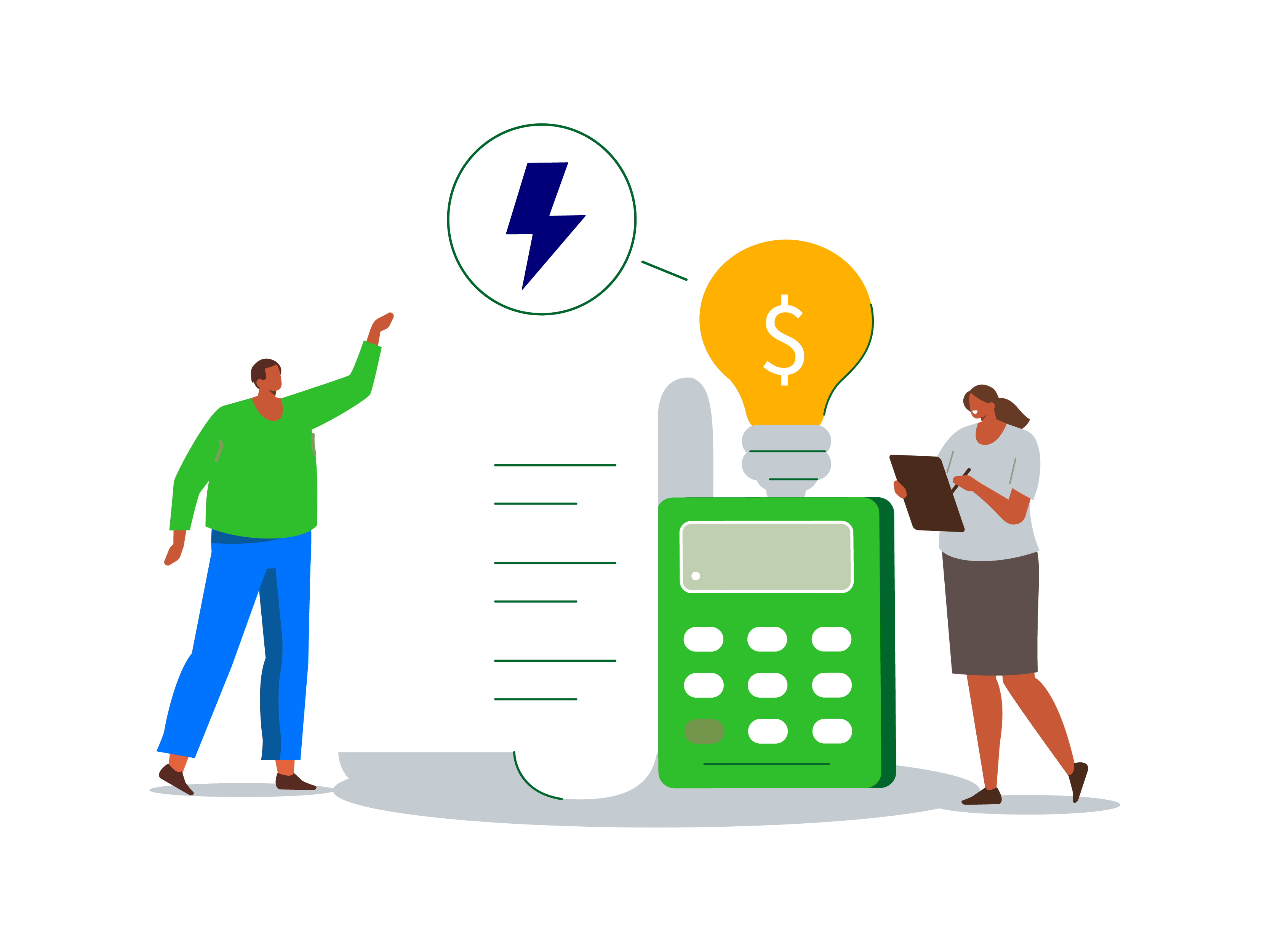
Visit our Energy Savings Hub to learn more about saving money on home energy upgrades, clean vehicles, and more.
UPDATED JULY 2024
| |||||||||||||||||||||||||||||||||||||
* Subject to cap of $1200/year
** See eligibility requirements from IRS and a map of eligible locations
Frequently Asked Questions
A: Homeowners, including renters for certain expenditures, who purchase energy and other efficient appliances and products.
A: Fill out IRS Form 5695, following IRS instructions, and include it when filing your tax return. Include any relevant product and services receipts.
A: Consumers can claim the same or varying credits year after year with new products purchased, but some credits have an annual limit. See the table above.
A: Consumers can visit this IRS page on the Energy Efficient Home Improvement Credit.
- Home electricity products
- Solar panels for electricity from a provider in your area.
- Home back-up power battery storage with capacity of 3 kWh or greater.
- Heating, cooling, and water heating
- Electric or natural gas heat pumps; electric or natural gas heat pump water heaters; central air conditioners; natural gas or propane or oil water heaters; natural gas or propane or oil furnaces or hot water boilers that meet or exceed the specific efficiency tiers established by the Consortium for Energy Efficiency. Eligible products here: CEE Directory.
- Solar water heating products that are certified for performance by the Solar Rating Certification Corporation or comparable entity endorsed by the state government in which product is installed.
- Other energy efficiency upgrades
- Oil furnaces or hot water boilers if they meet or exceed 2021 Energy Star efficiency criteria and are rated by the manufacturer for use with fuel blends at least 20% of the volume of which consists of an eligible fuel.
- Panelboards, sub-panelboards, branch circuits, or feeders that are installed according to National Electrical Code and have load capacity of 200 amps or more.
- Insulation materials and systems that meet International Energy Conservation Code standards. See: Building Energy Codes Program.
- Exterior windows that meet Energy Star’s Most Efficient requirements.
- Home electricity products
A: Ask a trusted contractor, plumber, or electrician.
A: More information on the energy efficient home improvement credit and residential clean energy property credit is available for tax professionals, building contractors, and others. See:
A: If you're a little confused on the difference between the two, or don't know how they work—not to worry. Just review our video and go to /save and see which home energy upgrades are right for you.

